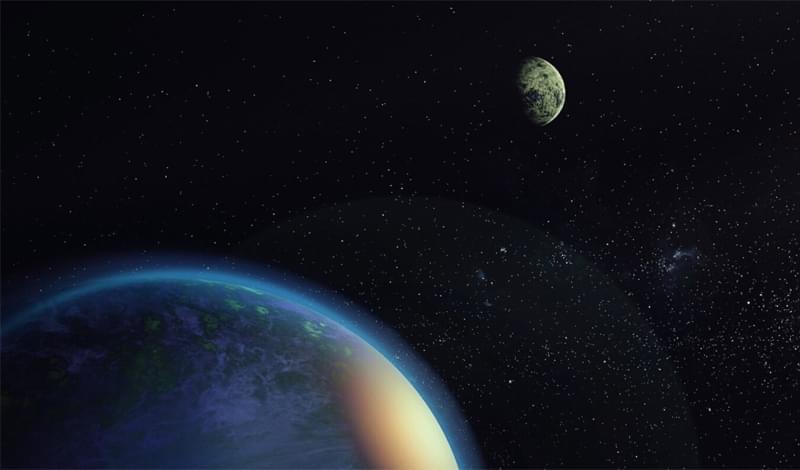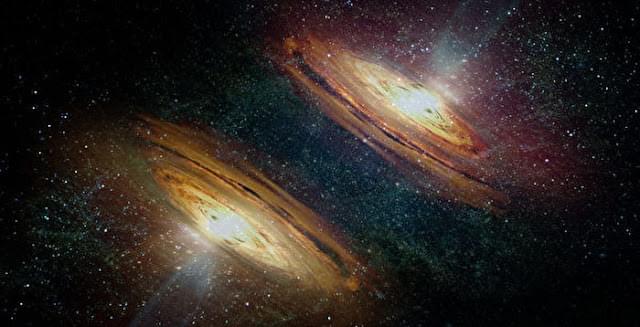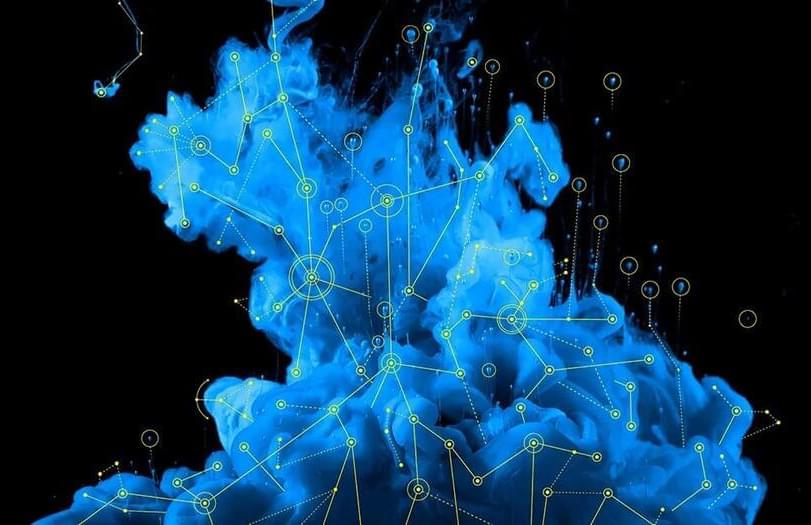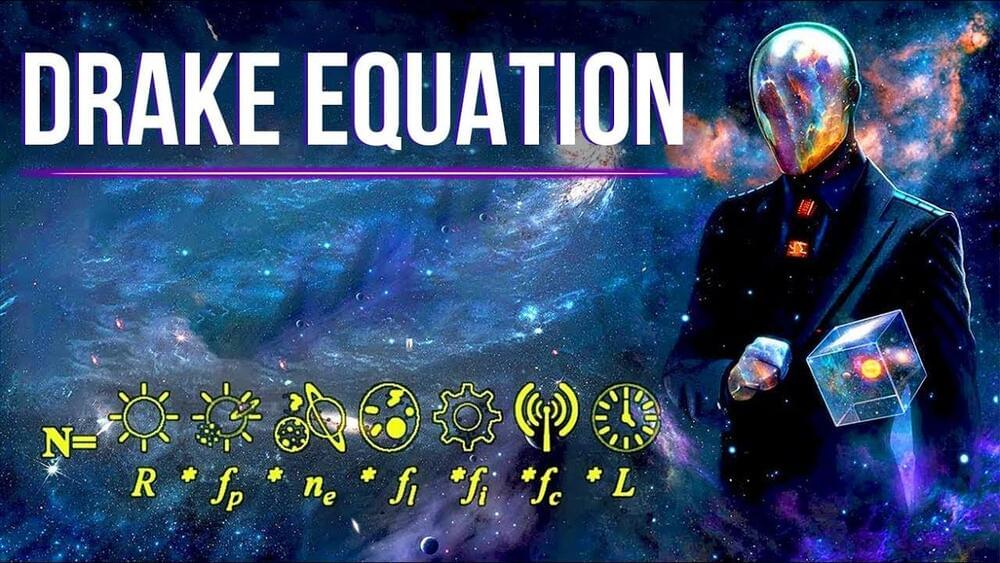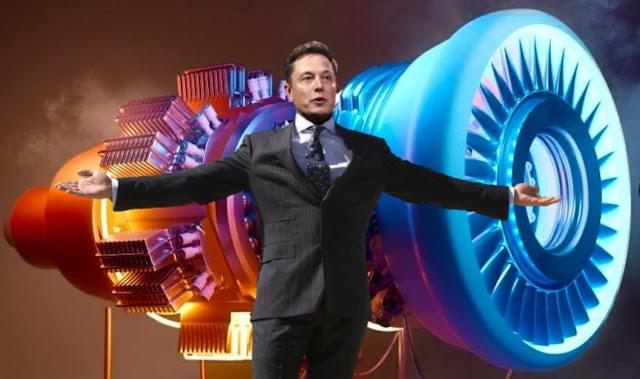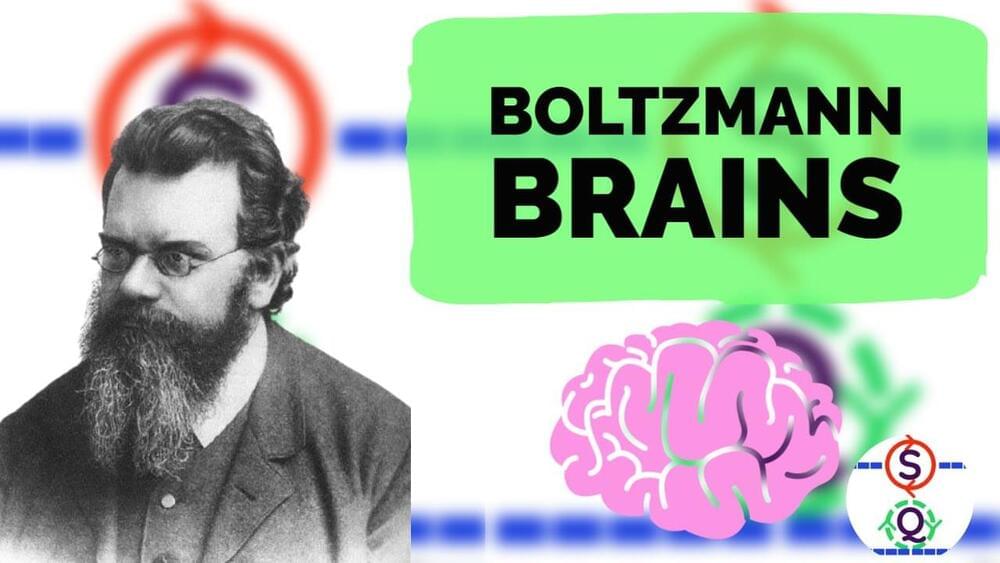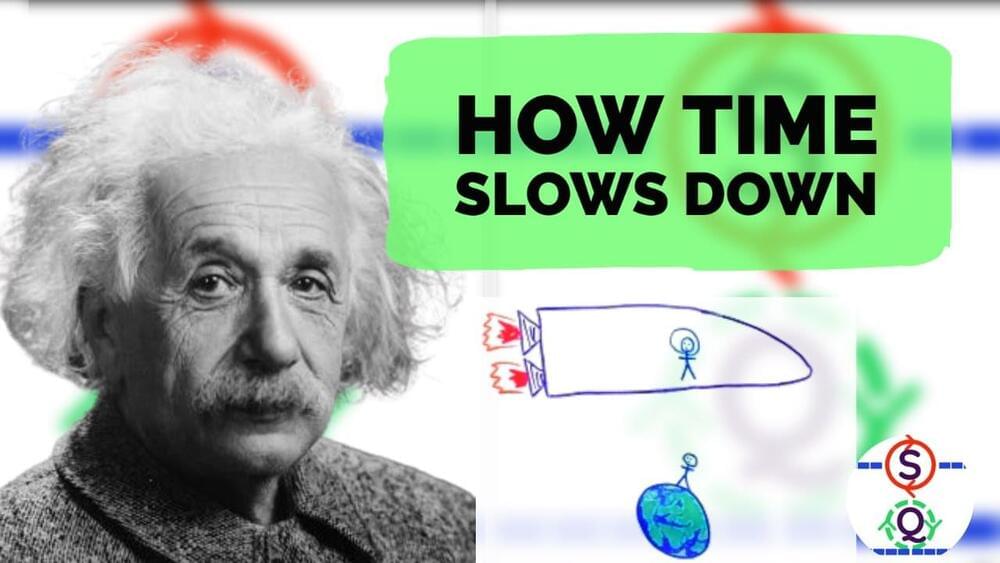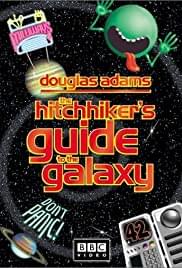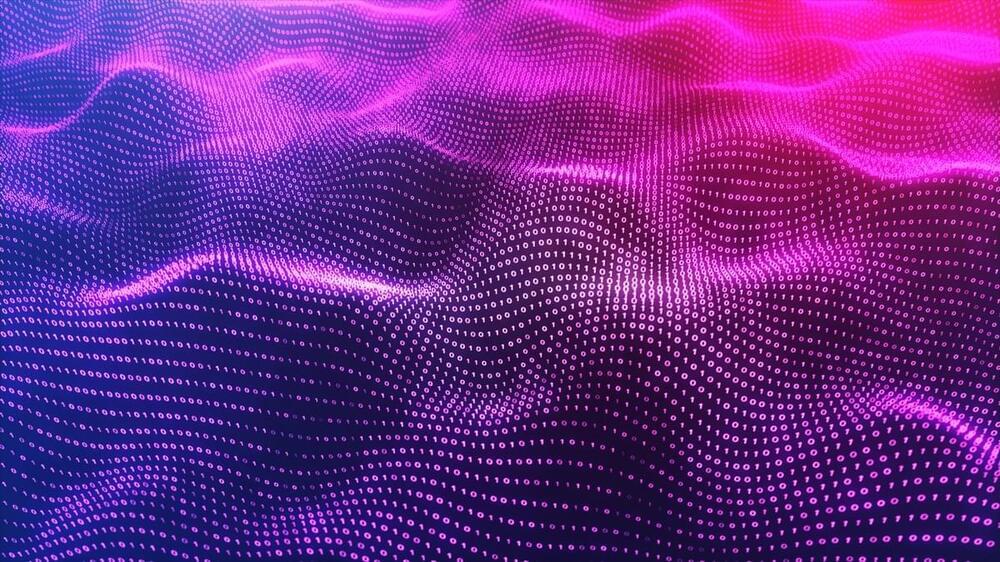Jan 9, 2023
Two potentially Earth-like planets found 16 light years away
Posted by Future Timeline in categories: physics, space
An international team led by researchers at the Instituto de Astrofísica de Canarias (IAC), Spain, has found two planets with Earth-like masses in the habitable zone of a red dwarf star, just 16 light years from our own Solar System.
Artist’s impression of two Earth-mass planets orbiting the star GJ 1002. Credit: Alejandro Suárez Mascareño and Inés Bonet (IAC)
“Nature seems bent on showing us that Earth-like planets are very common,” explains Alejandro Suárez Mascareño, an IAC researcher, first author of a study that appears in Astronomy & Astrophysics. “With these two, we now know seven in planetary systems quite near to the Sun.”
